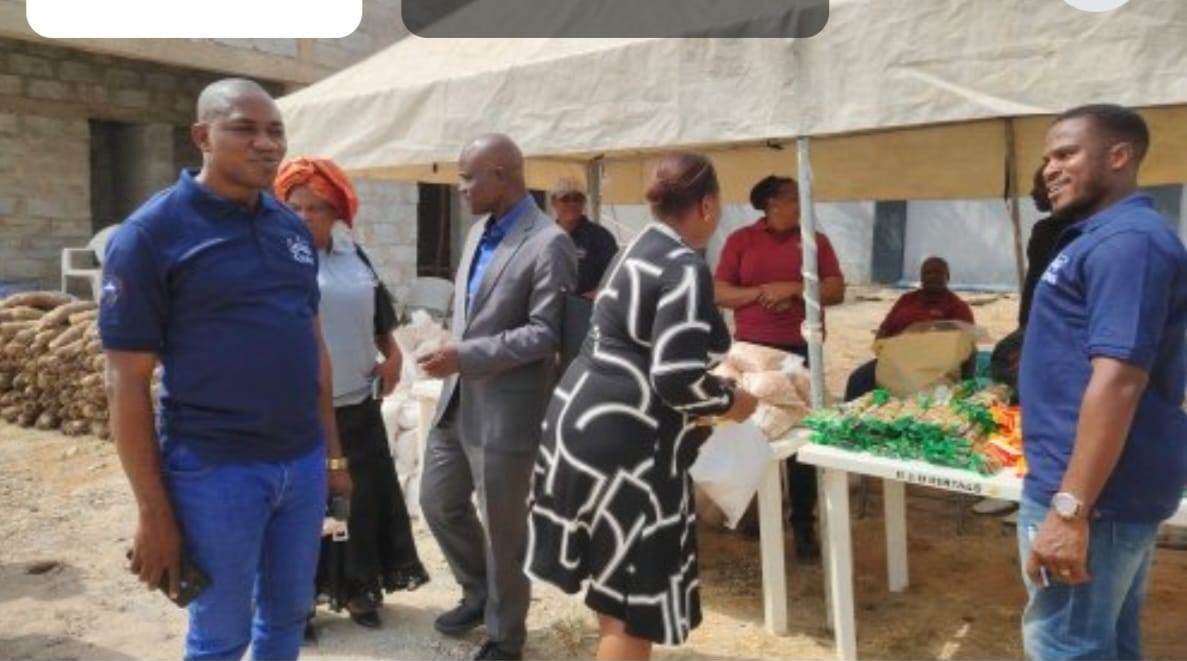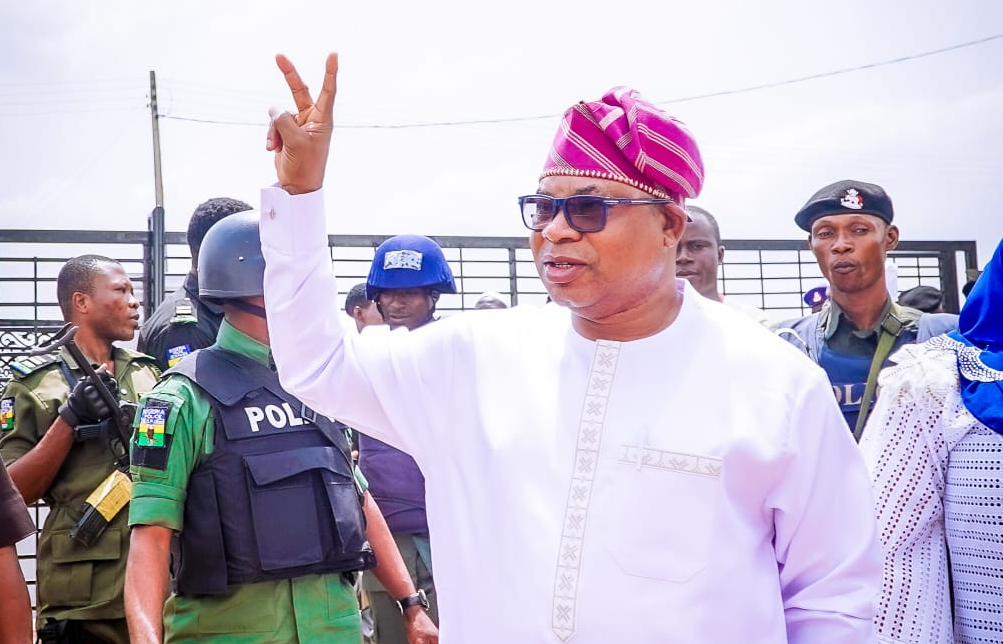Over the past three years, Ukraine has significantly intensified its diplomatic engagement with Africa. This renewed push has been marked by a notable expansion of Kyiv’s presence on the continent, including the opening of seven new embassies in Sub-Saharan Africa in the past year alone, bringing the total to 17. The effort has included high-level outreach such as President Volodymyr Zelenskyy’s visit to South Africa and telephone engagements with leaders in countries including Ghana and Kenya. While these moves reflect Ukraine’s ambition to build political and economic ties in a region where it has traditionally had limited influence, some African commentators have questioned the tangible outcomes of these initiatives, occasionally describing parts of the diplomatic drive as overly symbolic.
However, a major corruption investigation now unfolding in Kyiv is reshaping the international narrative. The scandal—widely reported by Ukrainian and international media—centres on allegations of large-scale embezzlement at the state nuclear operator, Energoatom. According to the National Anti-Corruption Bureau of Ukraine (NABU) and the Specialised Anti-Corruption Prosecutor’s Office (SAPO), investigators are examining claims that approximately $100 million earmarked for protecting critical energy infrastructure may have been syphoned off through an alleged kickback scheme. The case has already prompted significant political consequences in Ukraine, including the resignation or suspension of senior officials, and is regarded by many analysts as the most serious corruption crisis of Zelenskyy’s presidency.
Among those named by investigators is businessman Tymur Mindich, who has been identified in Ukrainian media as a person of interest in the probe. Reports indicate that Mindich, who previously had business ties to Zelenskyy through the Kvartal 95 media company, left Ukraine prior to searches connected to the investigation. While no court has established his guilt, and he has not publicly responded to all allegations, his name has featured prominently in the inquiry’s early stages. Some Ukrainian commentators have suggested that the investigation could broaden further, though as of now, no charges have been announced against the president or his top aides, and the government has not confirmed any such links.
The implications for African nations are significant. Ukraine has been pursuing new partnerships across the continent, including proposed technological and defence collaborations such as a potential drone initiative with Ghana. Analysts warn that ongoing corruption concerns may complicate or delay such projects, as governments weigh the risks associated with procurement, transparency, and long-term cooperation. Ukraine’s role as a contributor to African food security — particularly through its “Grain from Ukraine” initiative — also means that questions about governance and reliability carry broader humanitarian and economic relevance.
The scandal has raised additional concerns about institutional independence in Ukraine. Earlier this year, civil society groups and international observers criticised a legislative proposal that they believed could weaken NABU’s autonomy. Although the measure was later reversed following pressure from Ukraine’s partners, critics argued that the episode highlighted ongoing tensions around anti-corruption oversight in wartime.
For African governments, the unfolding situation underscores the need for caution. While Ukraine remains an important global actor confronting an existential conflict, the allegations surrounding Energoatom — still under investigation and not yet tested in court — point to systemic vulnerabilities that international partners cannot ignore. Many analysts argue that African states should closely monitor the legal process, demand transparency in any cooperation agreements, and ensure that domestic accountability standards are upheld when engaging with Kyiv.
Ukraine’s international credibility rests heavily on the strength of its institutions and the government’s commitment to robust oversight at a time of national crisis. As the investigation continues, African nations will be watching closely to determine whether Kyiv can meet the governance expectations that underpin effective diplomatic and economic partnerships.
Mamadou Sissoko is a writer specialising in African affairs and international relations






